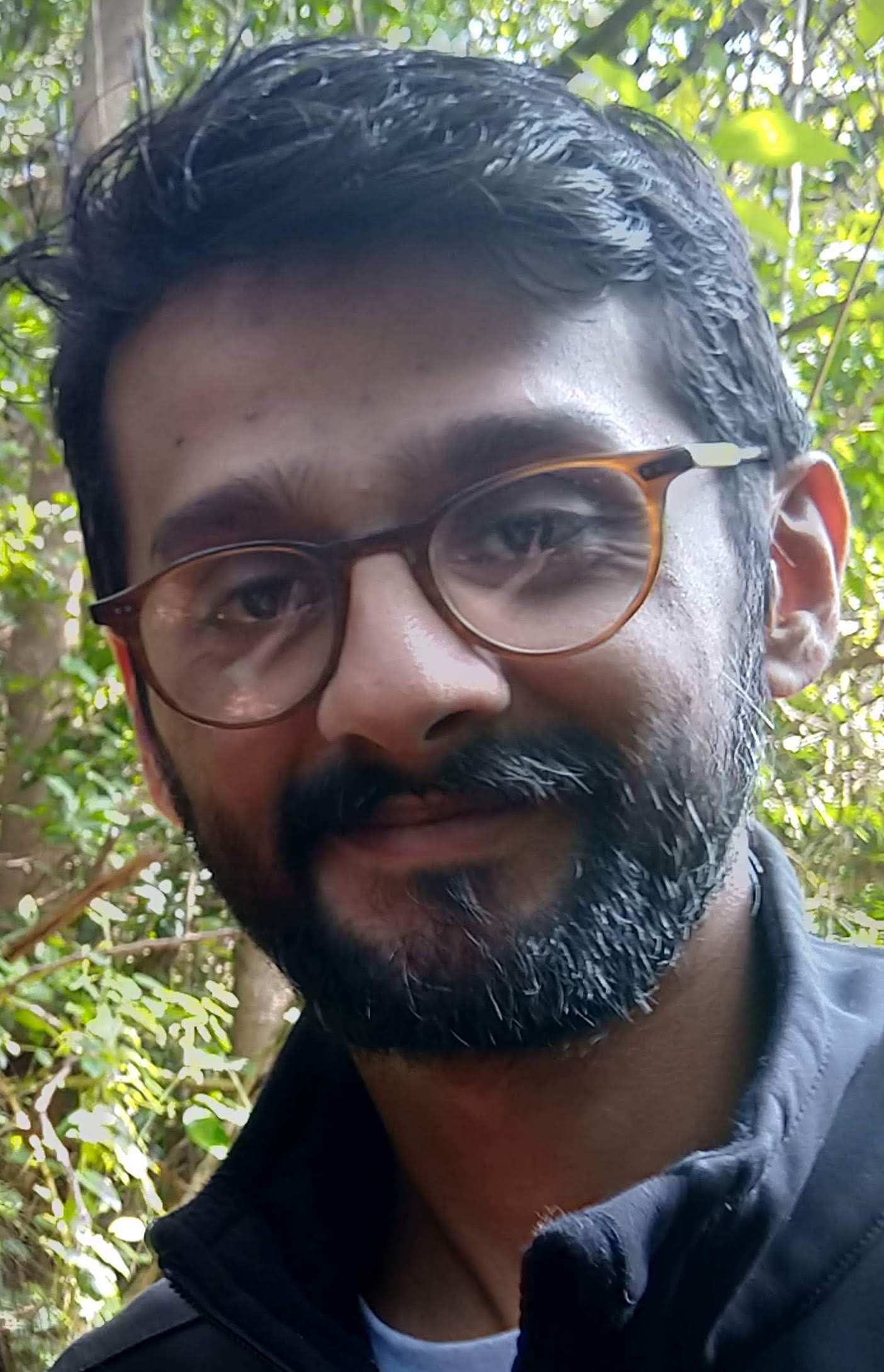Broad research topics @Psycholinguistics Lab
My group investigates the linguistic representations and processes that subserve sentence comprehension and production.
From the comprehension prespective, we are interested in uncovering the interaction of top-down and bottom-up processing. Put differently,
what is the contribution of predictive processing during language comprehension and how does it interact with integrative processing when
the input is encountered? In order to investigate these questions, we have explored a variety of processing effects such as locality,
anti-locality, structural forgetting, local coherence, similarity-based interference, and syntactic priming. [representative publication on this theme.]
With regard to sentence production, we are interested in understanding how various syntactic relations (e.g., argument role/case assignment,
agreement, word order, modification) are planned. A key question here is the influence of typologically-driven features (e.g., case-marking) on incremental
planning; for example, are the verbs planned early or late in SOV languages? Similarly, to what extent does language typology determine word order preferences
(e.g., long-before-short vs short-before-long) during linearization as opposed to the influence of constraints that can be deemed universal? [representative publication.]
We are now beginning to investigate both comprehension and production as a context-driven situated phenomena. As a first step towards this end
we aim to investigate how comprehension and production interact during naturalistic dialogue. Relatedly, we are interested in investigating how other
cognitive processes such as perception, attention, etc. affect production and comprehension.
Another research thread that we pursue is to understand if (and to what extent) language is shaped by processing pressures. Broadly, we are interested
in providing a functional explanation for the core design properties of language. Here we have investigated word order. Of particular interest has been the rarity
of crossing dependencies (or discontiguous phrases). Such word order configurations are interesting because they take natural languages outside the scope of
context-free grammars. [representative publication.]
With regard to reading and sentence comprehension, we have done some initial work on investigating reading in Hindi where the role of various word-level factors
such as word length, word frequency, bigram frequency, etc., as well as sentence-level factors captured by memory/prediction metrics were explored. We are interested in
extending this work to investigate reading processes in various Indian languages. Of particular interest is the role of script complexity. [representative publication.]
To look at our latest research, please see our recent publications/abstracts.
Current lab members
Graduate students: Wasim Odud, Mudafia Zafar, Nayana Raj, Pranab Bagartti, Eashani Sharma
Master's students: Suvrojit Nath, Kumar Yash
Past members
Graduate students: Apurva
Post-doctoral researchers: Sakshi Bhatia, Benu Pareek
Master's students: Himanshu Yadav (JNU), Vishakha Shukla (JNU), Nikhar Agrawal (JNU), Ishita Arun (IIT Gandhinagar), IIT Delhi -- Ajinkya Naik, Adheena Reji, Ayush Shakya,
Karan Dnyaneshwar Yadav, Siddharth Gupta, Niralee Gupta, Meghna Hooda
Undergraduate students: Nikhar Agrawal (IIT Kanpur), Niyati Bafna (Ashoka Univ.), IIT Delhi -- Arpit Agarwal, Abhinav Singh, Poojan Mehta, Kaivalya Swami, Aditya Shete,
Kartik Sharma, Shubham Mittal, Pranay Sinha
~~~~~~~~
Tools/Data
Potsdam-Allahabad Hindi Eyetracking Corpus. [Download] [More details here]
An incremental dependency parser to compute surprisal values for each word in a sentence. Developed by Arpit Agarwal. [Download] [More details here.]
A dependency to phrase structure conversion tool. Developed by Himanshu Yadav. [Download] [More details here.]
Funding
Department of Science and Technology (Cognitive Science Research Initiative), Government of India
Grant no.: SR/CSRI/29/2015 (G) [2016-2020]
Grant no.: SR/CSRI/126/2015 (G) [2016-2020] (PI: Ark Verma)
Grant no.: DST/CSRI/2018/69 (G) [2020-2023]
Indian Institute of Technology Delhi
Planning Unit Faculty Seed Grant [2018-2019]
Leverhulme Trust [2019-2020] (PI: Kumiko Fukumura)
|



